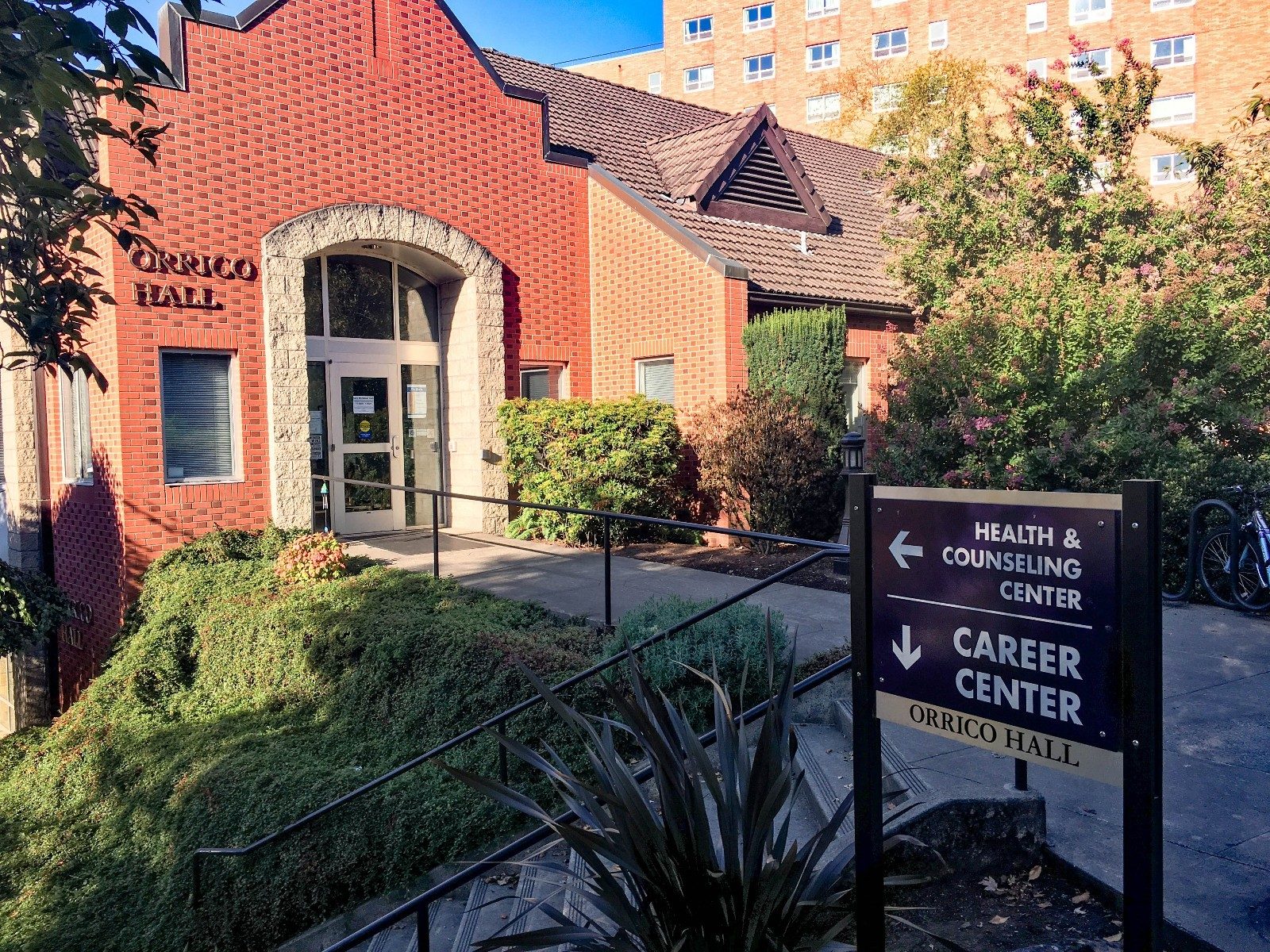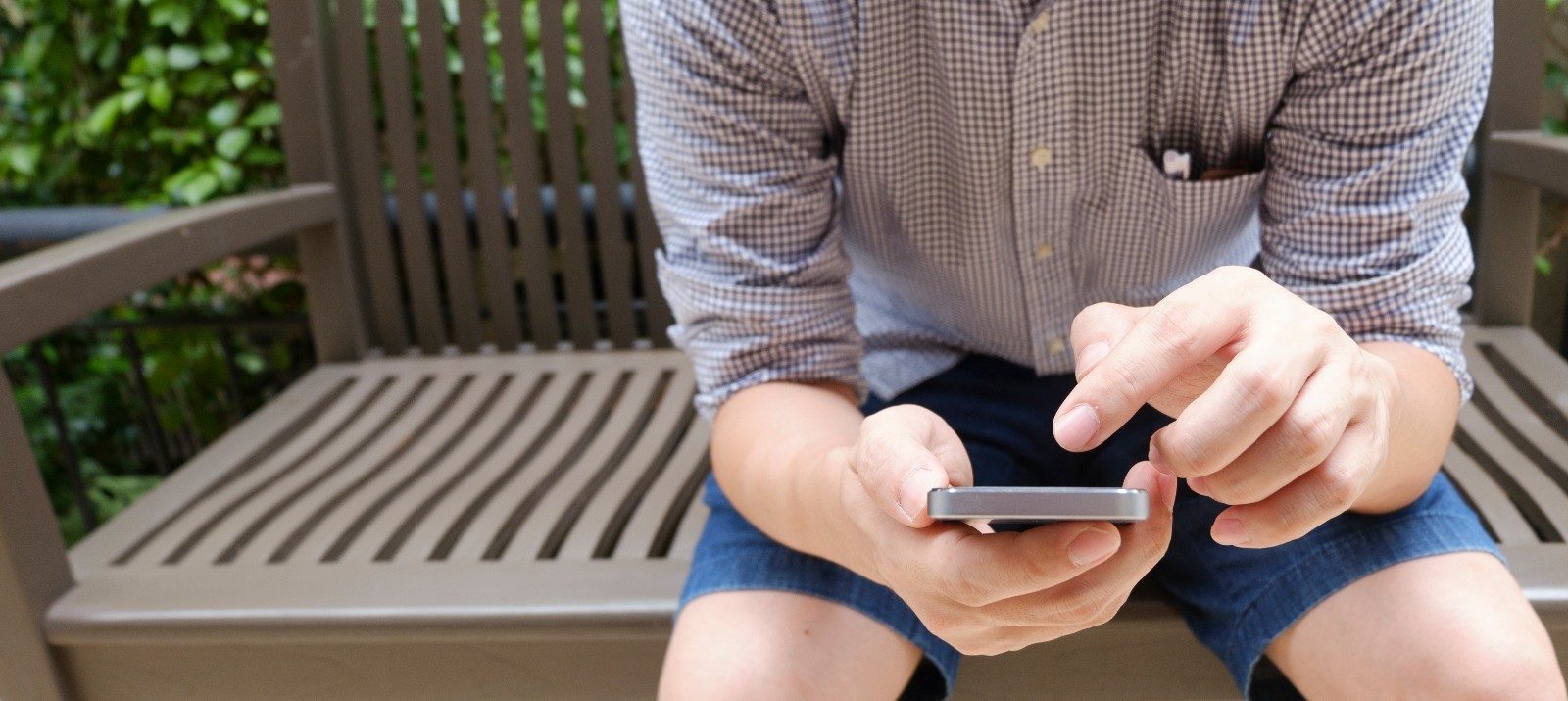This post is an entry for Part III of the Mentally Healthy resource guide for UP faculty and academic staff working with students who might have mental health concerns. Anyone paying attention to higher education in recent years is well aware of two pressing issues on regular repeat: changing perceptions of student mental health needs, and the…Continue Reading Intersections? How diversity, mental health, and teaching might mix
Intersections? How diversity, mental health, and teaching might mix




